T4K3.news
College front offices reshape college football
The rise of NFL like front offices is changing how college rosters are built and paid.
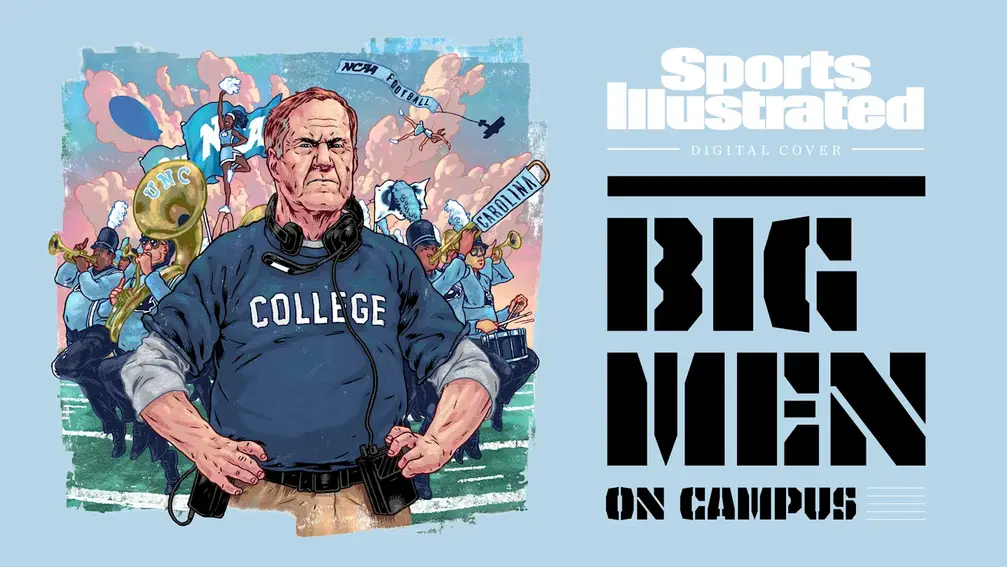
Explores how college programs are adopting NFL style front offices to manage rosters and money.
College Front Offices Reshape the Game
Across the NCAA, the move toward NFL style front offices is accelerating. Two-thirds of FBS programs now assign a general manager or an equivalent role to oversee player evaluation, contract work, and roster strategy, a shift driven by immediate eligibility rules, NIL payments, and rising program costs. Texas Tech, with James Blanchard now serving as GM, illustrates the path from online posts to campus policy as a central figure coordinating scouts and a salary cap like framework. Other schools have added former NFL personnel or consultants to build professional talent departments, including stops at Vanderbilt, Nebraska, Stanford, and Cal. Revenue sharing and buyouts are increasingly part of player contracts, signaling a move beyond the traditional scholarship model.
The setup varies by school. Some programs vest most authority in the head coach, others place power in a separate athletics led by a GM and a personnel staff. The NFL like timing creates new frictions because the season ends before all deals are closed, and recruitment now involves agents and contracts as much as film and offers. This evolution raises questions about fairness, compliance, and the student experience, even as supporters argue that a more professional approach can improve efficiency, retention, and results.
Key Takeaways
"It's all about money now"
Blanchard on the money driven shift in college football
"The head coach is the most powerful man on campus when winning"
Joey McGuire on power dynamics in a win driven system
"We’re running this more like an NFL team"
McGuire on the plan for a professional staff
"The portal rules feel loose and open to abuse"
Rivera on portal governance
The shift signals a broader change in college sports where market forces and professional staffing compress into a once amateur world. If more programs push big budgets and buyout clauses, gaps between big programs and smaller programs could widen, altering competitive balance and access. The GM role can drive faster decisions but also risk sidelining coaches or student athletes if power is not clearly defined.
Yet the transformation is not just about money. It tests governance, transparency and the balance of power in athletics. Without clear standards, fans may worry about fairness and the purpose of college athletics. The true test will be whether these front offices can deliver on competitive results while protecting education and ethics.
Highlights
- Money runs the playbook now
- The head coach is the most powerful man on campus when winning
- We’re running this more like an NFL team
- The portal rules feel loose and open to abuse
Financial and governance risks of NFL style front offices in college football
As programs push larger sums into player compensation and staff salaries, questions arise about equity, compliance, and the student-athlete experience. The lack of standard rules across schools could invite backlash and regulatory scrutiny.
The shape of college football is shifting, and the long view will test values as much as wins.
Enjoyed this? Let your friends know!
Related News
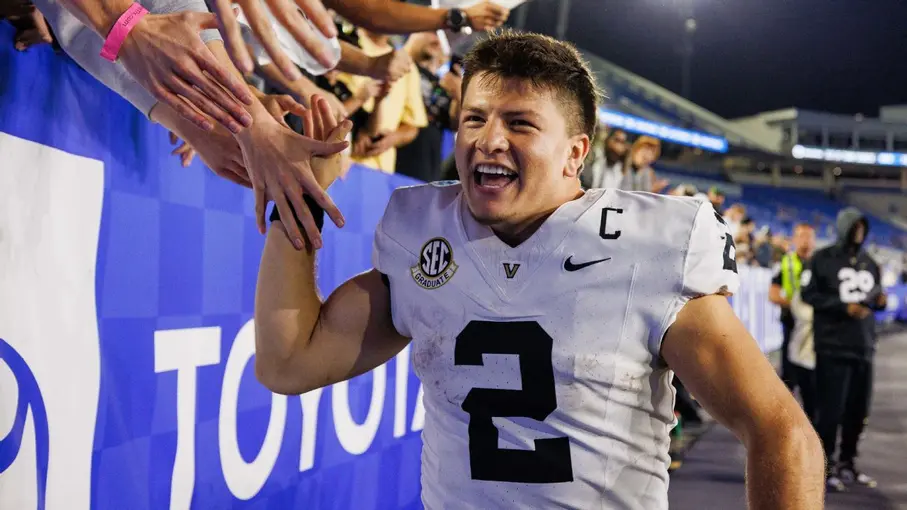
Pavia fuels Vanderbilt breakthrough run
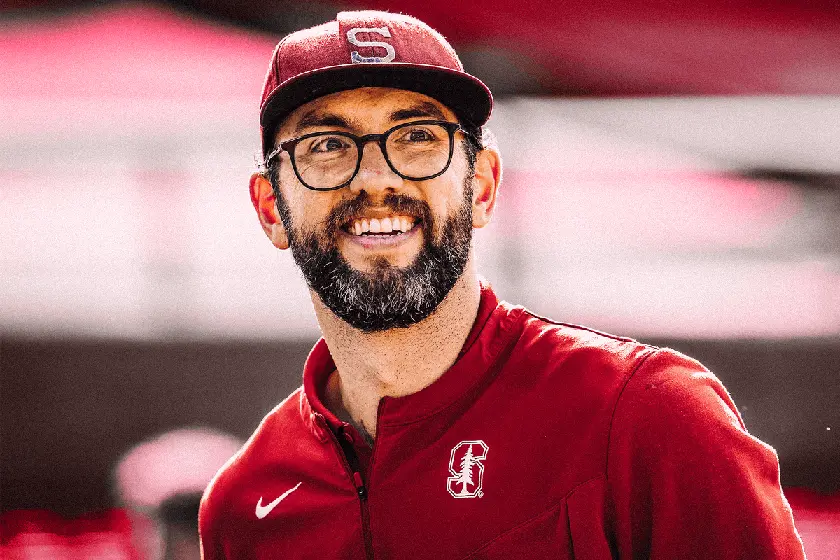
Luck leads Stanford revival announced
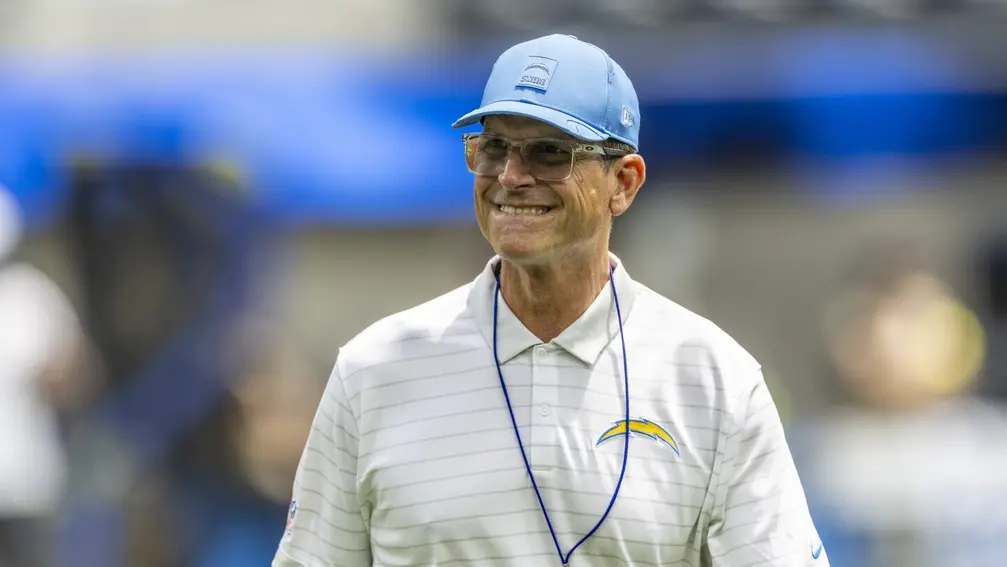
NCAA imposes 10 year show cause on Jim Harbaugh
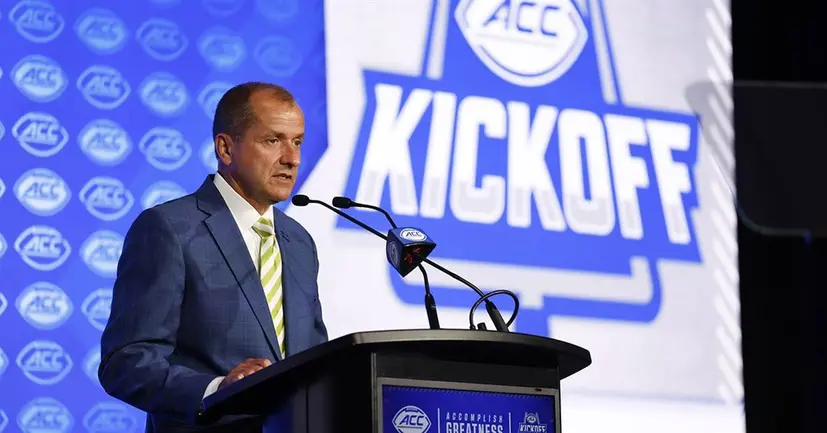
ACC schools explore exit strategies amid rising tensions

ESPN finalizes acquisition of NFL Media properties

Paramount and ESPN reshape sports streaming rights

Tottenham target Harvey Elliott to replace Maddison
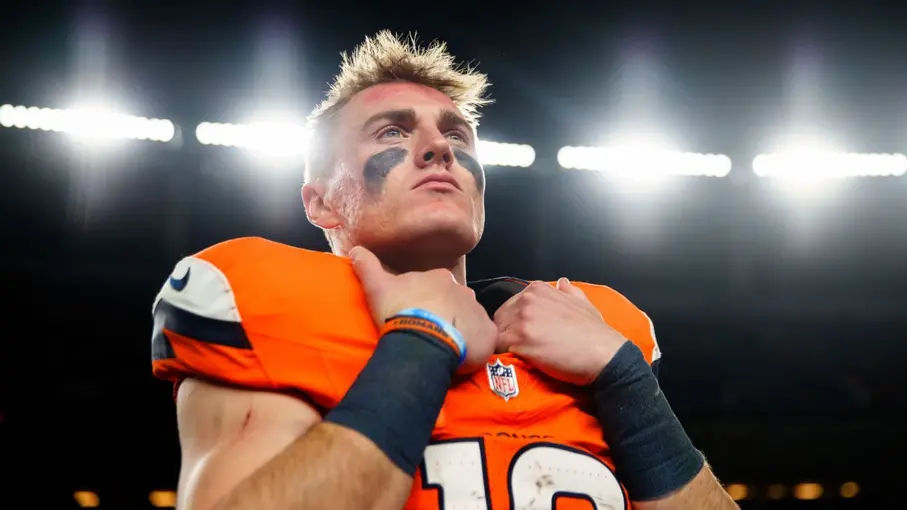
Sean Payton focuses on Bo Nix for the Broncos
